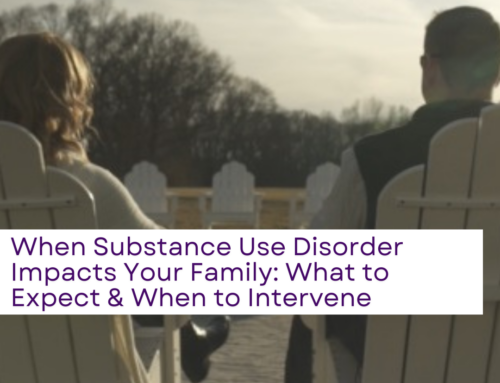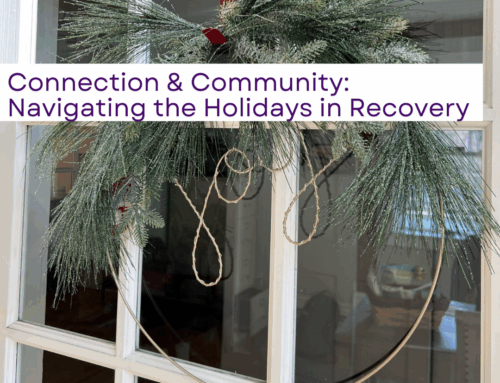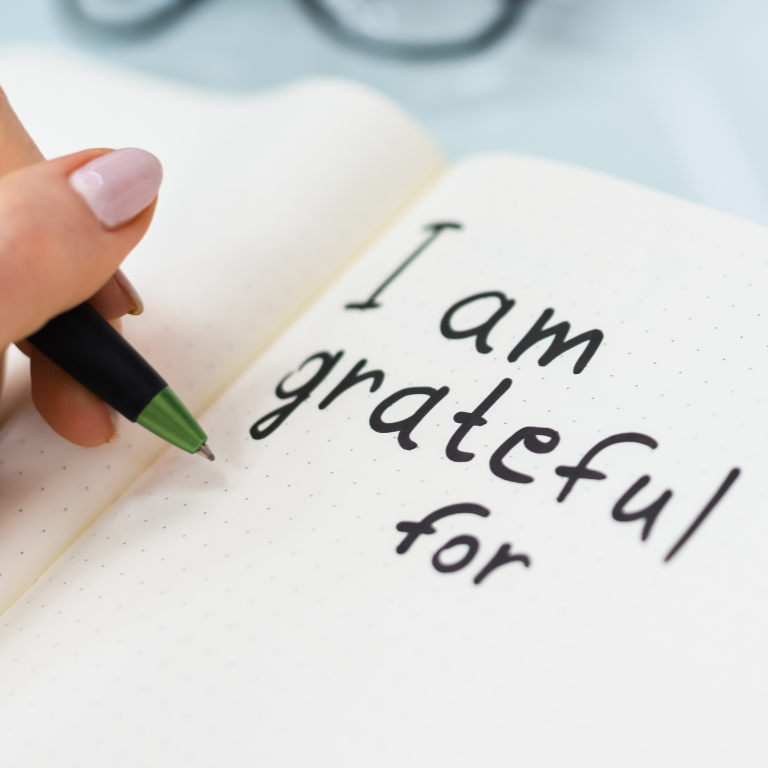
Image Credit: Andre Popov
On the healing path of recovery, it’s essential to have tools and strategies that support you along your journey. Two of the most powerful resources are the concepts of gratitude and thankfulness. These two seemingly simple ideas have the potential to positively alter your perspective, enhance resilience, and nurture a more positive approach to life’s challenges.
While gratitude and thankfulness are frequently used interchangeably, they possess distinct meanings and applications. Understanding these nuances can help harness their full potential, building them into practical tools for creating a meaningful, fulfilling, and sustainable recovery.
Whether you’re just beginning your recovery journey, supporting a loved one through theirs, or simply interested in the power of positive psychology, this exploration of gratitude and thankfulness offers valuable insights and tools for personal growth and healing.
The Meaning of Thankful
Thankfulness is often viewed as a more immediate, situational response to positive events or actions. It’s the feeling of being pleased or relieved when something good happens or when someone does something kind for you. While gratitude tends to be a more enduring state of being, thankfulness is often a more spontaneous reaction.
Being thankful is about recognizing and acknowledging the good things that come your way. It’s a positive emotional response that can brighten your day and improve your interactions with others. Thankfulness is often expressed outwardly through words or actions, such as saying “thank you” or returning a favor.
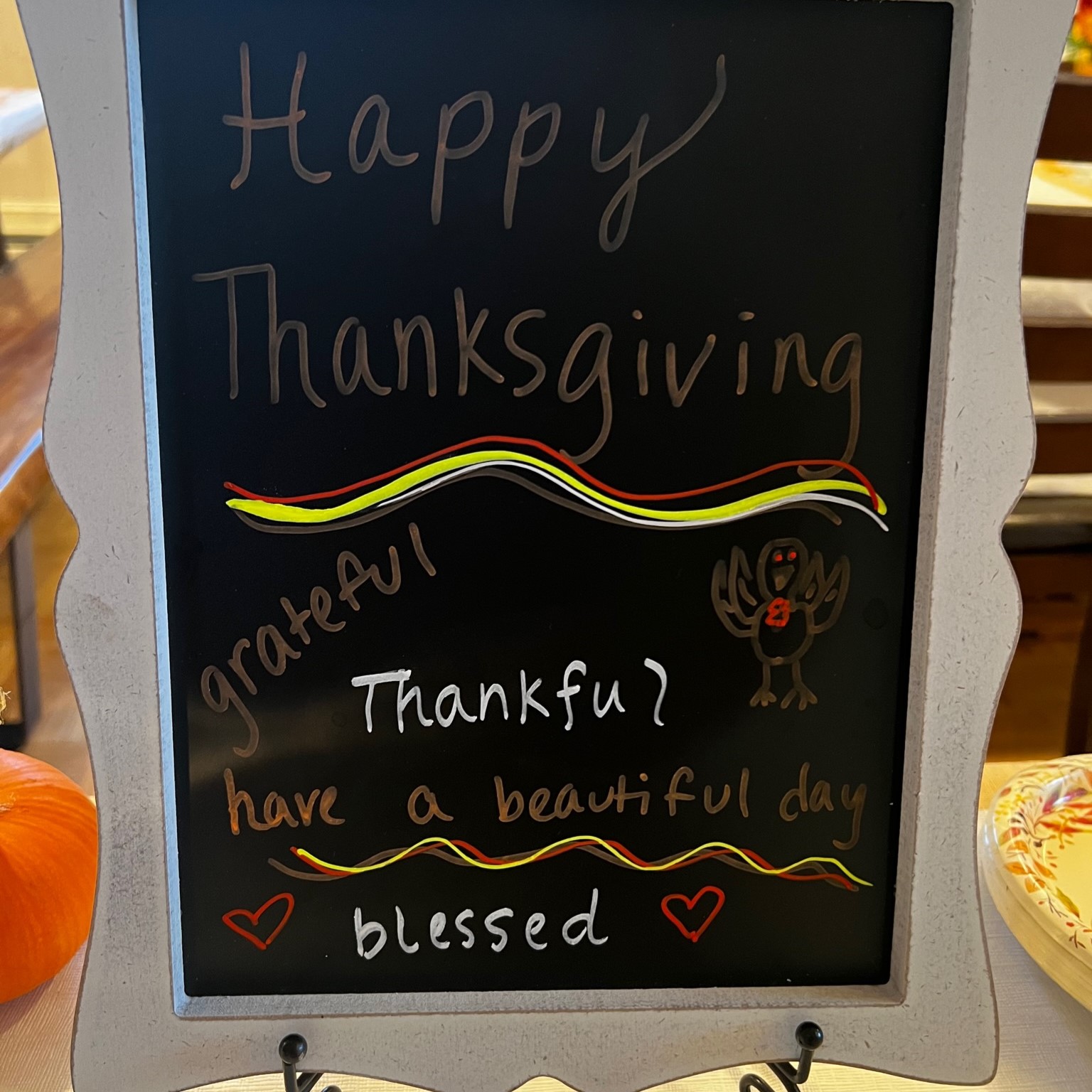
In recovery, being thankful might manifest as appreciating a day of sobriety, acknowledging a supportive comment from a friend, or recognizing the comfort of a safe living environment. These moments of thankfulness can serve as stepping stones towards a more profound sense of gratitude.
The Meaning of Grateful
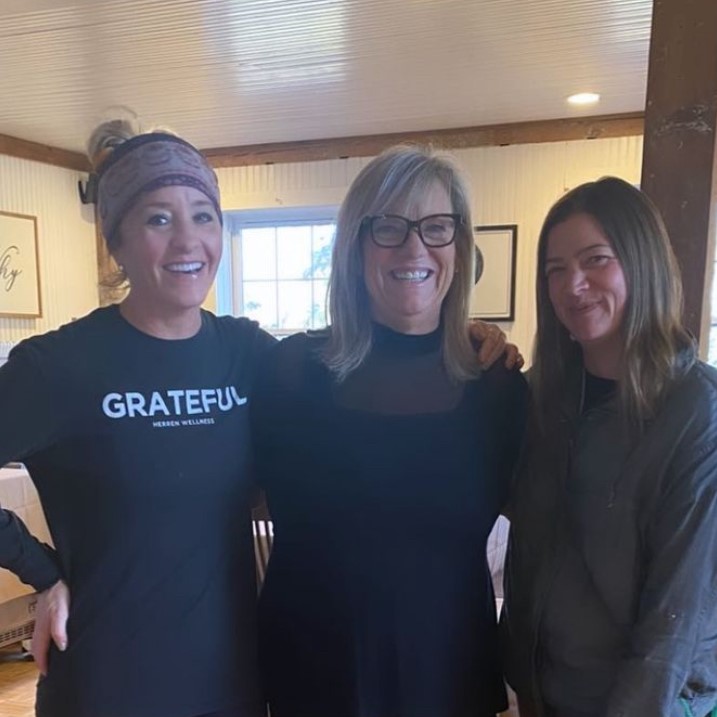
Being grateful goes beyond simply acknowledging the good things in life. It’s a deeper, more profound emotional state that involves recognizing the value of something or someone and feeling a sense of appreciation for it. Gratefulness often encompasses a sense of wonder, humility, and interconnectedness.
Gratitude is more than a feeling; it’s an action. When we’re grateful, we’re not just noticing the positive aspects of our lives; we’re actively engaging with them emotionally. This engagement can lead to a shift in perspective, helping us see the world and our experiences in a more positive light.
In the context of recovery, being grateful might mean appreciating the support of loved ones, acknowledging personal progress, or recognizing the opportunity for a fresh start.
The Difference Between Being Grateful and Being Thankful
As we explain above, grateful and thankful are closely related, however there are subtle and important differences:
- Depth: Gratitude is generally considered a deeper, more reflective state, while thankfulness is often more immediate and reactive.
- Duration: Gratitude tends to be a longer-lasting emotional state, while thankfulness is often more transient.
- Focus: Gratefulness often involves a broader perspective on life and one’s place in it, while thankfulness is usually more specific to particular events or actions.
- Expression: Thankfulness is more commonly expressed outwardly, while gratitude can be a more internal, personal experience.
- Impact: While both are positive and enriching, gratitude often has a more profound effect on one’s overall outlook and well-being.
How Gratitude and Thankfulness Support Recovery
Both gratitude and thankfulness play crucial roles in supporting your recovery from substance use and addiction:
Shifting focus: Practicing gratitude and thankfulness helps individuals shift their focus from negative aspects of life to positive ones. This can be particularly beneficial in breaking the cycle of negative thinking often associated with addiction.
Enhancing resilience: Grateful individuals tend to be more resilient in the face of challenges. This resilience is crucial in maintaining your recovery and dealing with triggers.
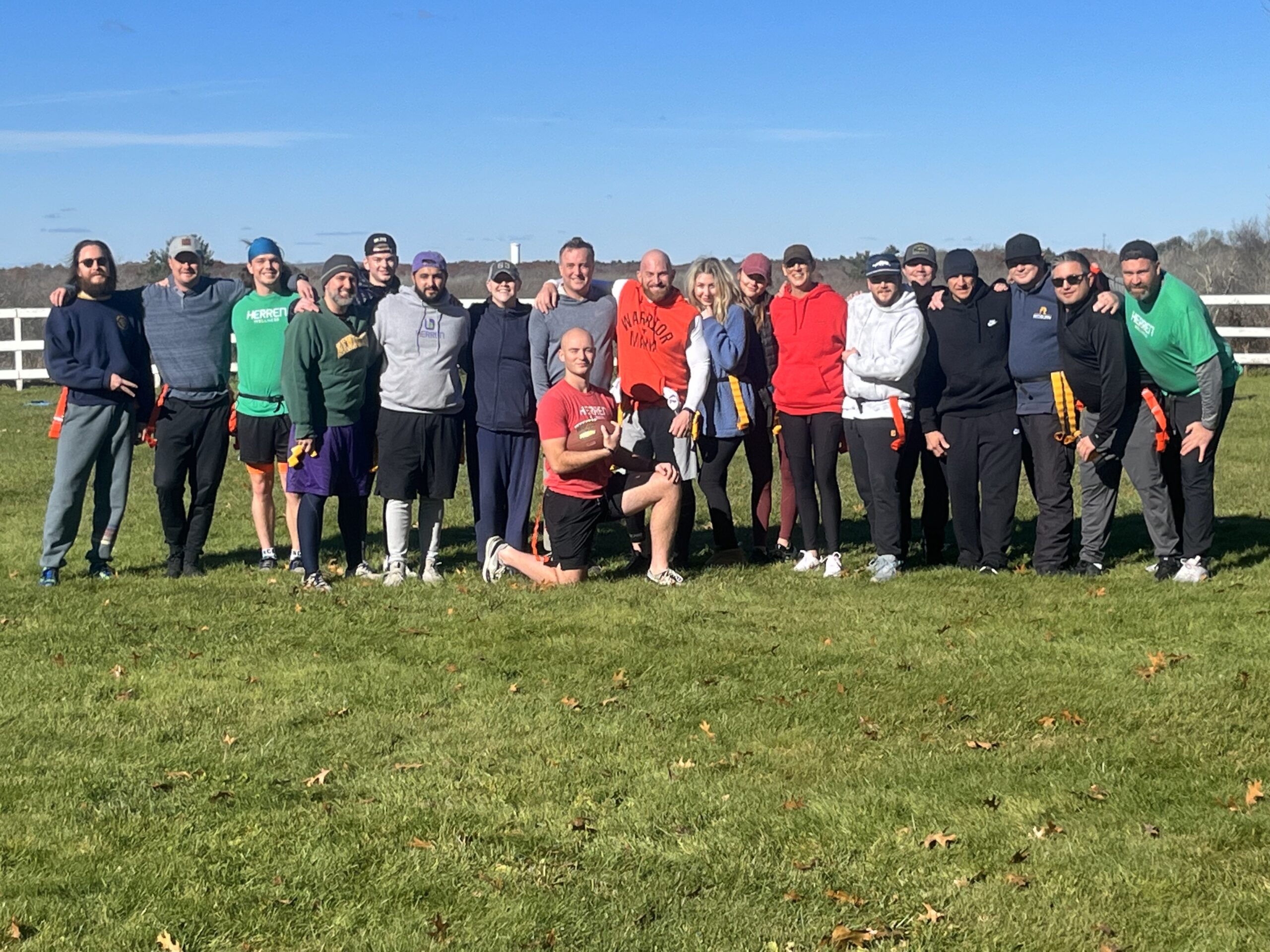
Improving relationships: Expressing thankfulness and cultivating gratitude can strengthen relationships with family, friends, and others by making you more present in the moment and allowing you to acknowledge the help and support of others.
Reducing stress: Both gratitude and thankfulness help reduce stress, anxiety, and uncertainty, three of the most common triggers for relapse.
Boosting self-esteem: Recognizing things to be grateful for can improve self-esteem and self-worth, countering feelings of shame or worthlessness that can be prevalent in early recovery.
Fostering hope: Gratitude can foster a sense of hope and optimism about the future, providing motivation to continue on the path of recovery.
Improving sleep: Studies have shown that grateful people tend to have better sleep hygiene, which is an essential element of overall health and recovery.
Enhancing physical health: Gratitude has been linked to improved physical health outcomes, supporting overall well-being during recovery.
Promoting forgiveness: Gratitude can help individuals let go of resentments and practice forgiveness, both towards themselves and others, which is an important part of many recovery programs.
Ways to Practice Daily Gratitude
Practicing gratitude daily is a cornerstone of a meaningful and fulfilling recovery. It is a powerful antidote to negative thought patterns and emotions that can fuel unhealthy, addictive behaviors. By consciously focusing on the aspects of life you are grateful for, no matter how small, you can gradually shift your perspective from one of lack and craving to one of abundance and contentment.
Why is this important? Because it combats destructive feelings like emptiness, restlessness, purposelessness, or dissatisfaction that are often the root cause of unhealthy patterns, thoughts, and behaviors.
A daily, consistent gratitude practice enhances resilience, raises self-esteem, improves relationships, and buffers against stress and other common triggers. Gratitude fosters a sense of connection to yourself, others, and your community that is often lost in the grips of addiction. Here are some ways to practice gratitude daily:

- Keep a gratitude journal: Write down three things you’re grateful for each day.
- Practice mindful appreciation: Take a few moments each day to fully appreciate something in your environment – the warmth of the sun, the taste of your food, or the sound of laughter.
- Express thankfulness to others: Make it a habit to thank people sincerely for their actions, no matter how small.
- Use visual reminders: Place sticky notes with gratitude prompts around your living space.
- Begin and end your day with gratitude: Make gratitude part of your morning or evening routine through meditation, prayer, or keeping a gratitude list.
- Practice gratitude meditation: Spend a few minutes each day in quiet reflection, focusing on things you’re grateful for.
- Turn negatives into positives: When faced with challenges, try to find something to be grateful for in the situation.
- Use gratitude prompts: Use questions like “What am I taking for granted?” or “What’s something good that happened today?” to spark gratitude.
- Share your gratitude: Discuss things you’re grateful for with friends, family, or support group members.
- Create a gratitude jar: Write down things you’re grateful for on slips of paper and add them to a jar. Read through them when you need a boost.
Cultivating gratitude and practicing thankfulness are powerful tools in recovery. By understanding their meanings, recognizing their differences, and weaving them into your daily life, you can enhance your recovery journey by fostering resilience, positivity, and a deeper appreciation for life’s blessings, both big and small.
About Herren Wellness
Herren Wellness is a thriving community of people at all stages in their recovery journey. We introduce holistic therapies and strategies centered around emotional, physical, and spiritual wellness, in addition to life coaching sessions, family support and an individualized wellness plan to provide a solid foundation in recovery from alcohol and substance use.
We believe that staying connected and community has a lasting impact on recovery, and encourage all alumni to participate in our weekly alumni meetings, seasonal events and annual retreat. Your connection to Herren Wellness doesn’t end when your stay ends; we are there for you throughout your recovery journey.
If you, or a loved one are struggling with substance use, why wait? Please call us at (844) 443-7736, email us at info@herrenwellness.com, or or schedule a phone consultation. You are not alone.



